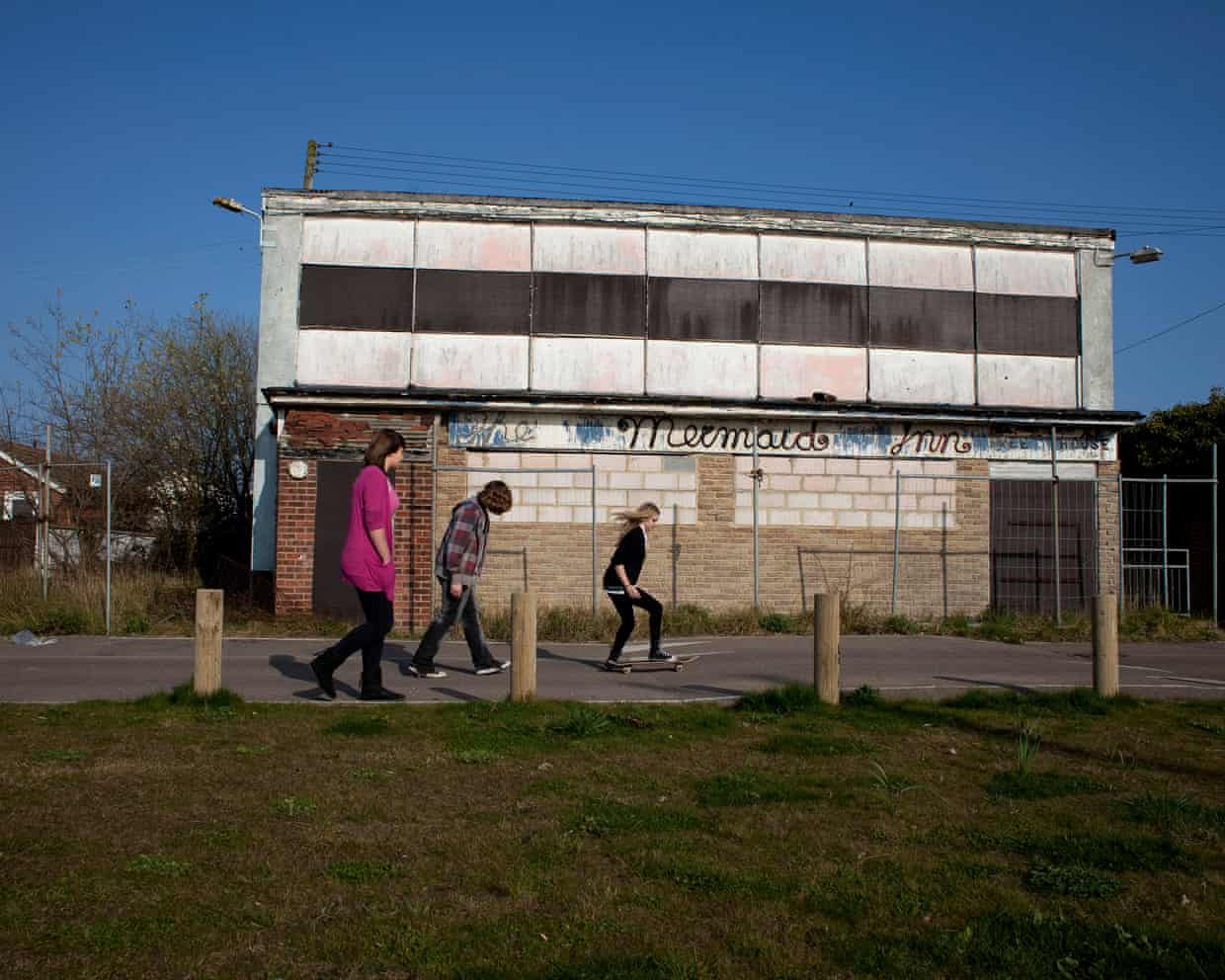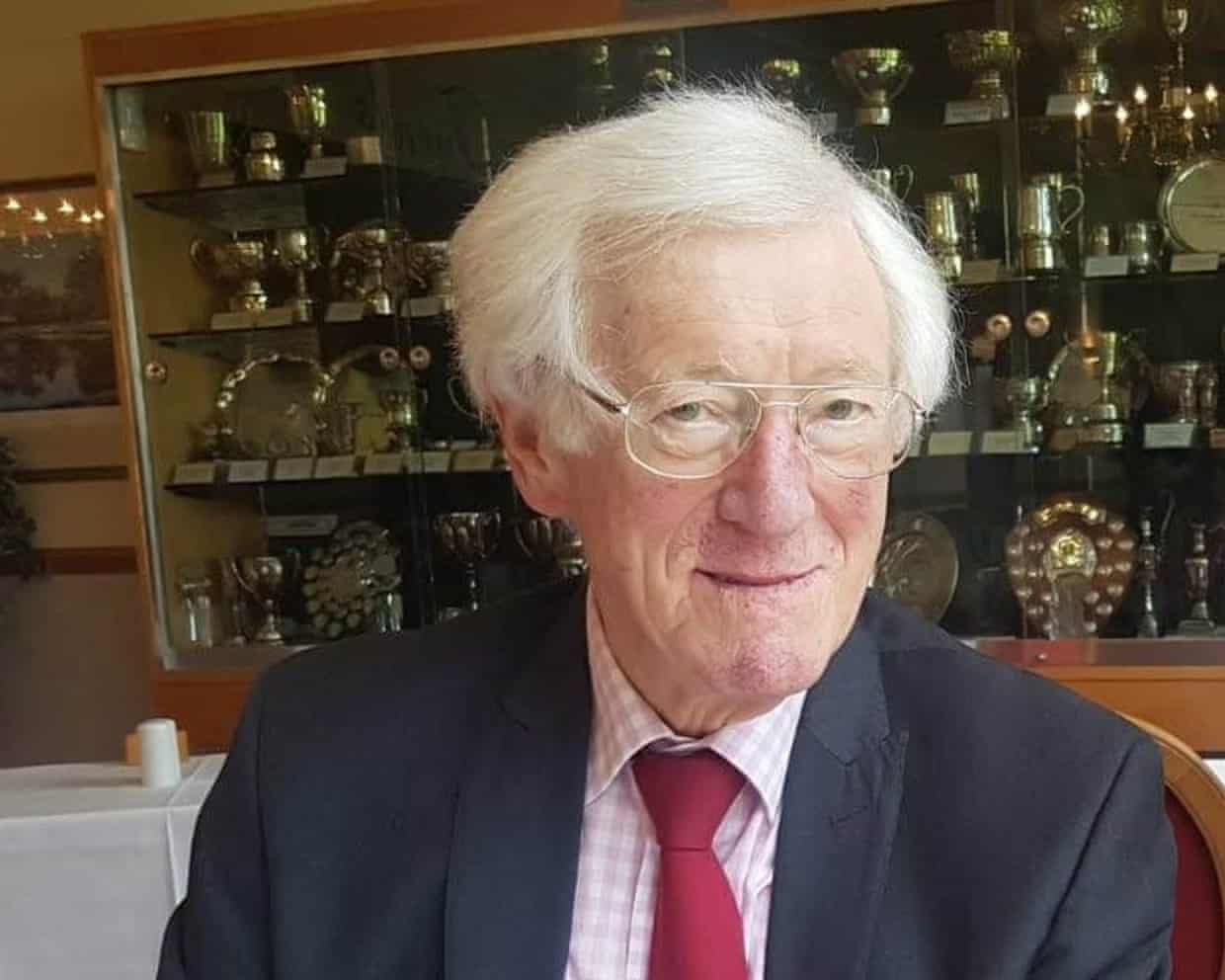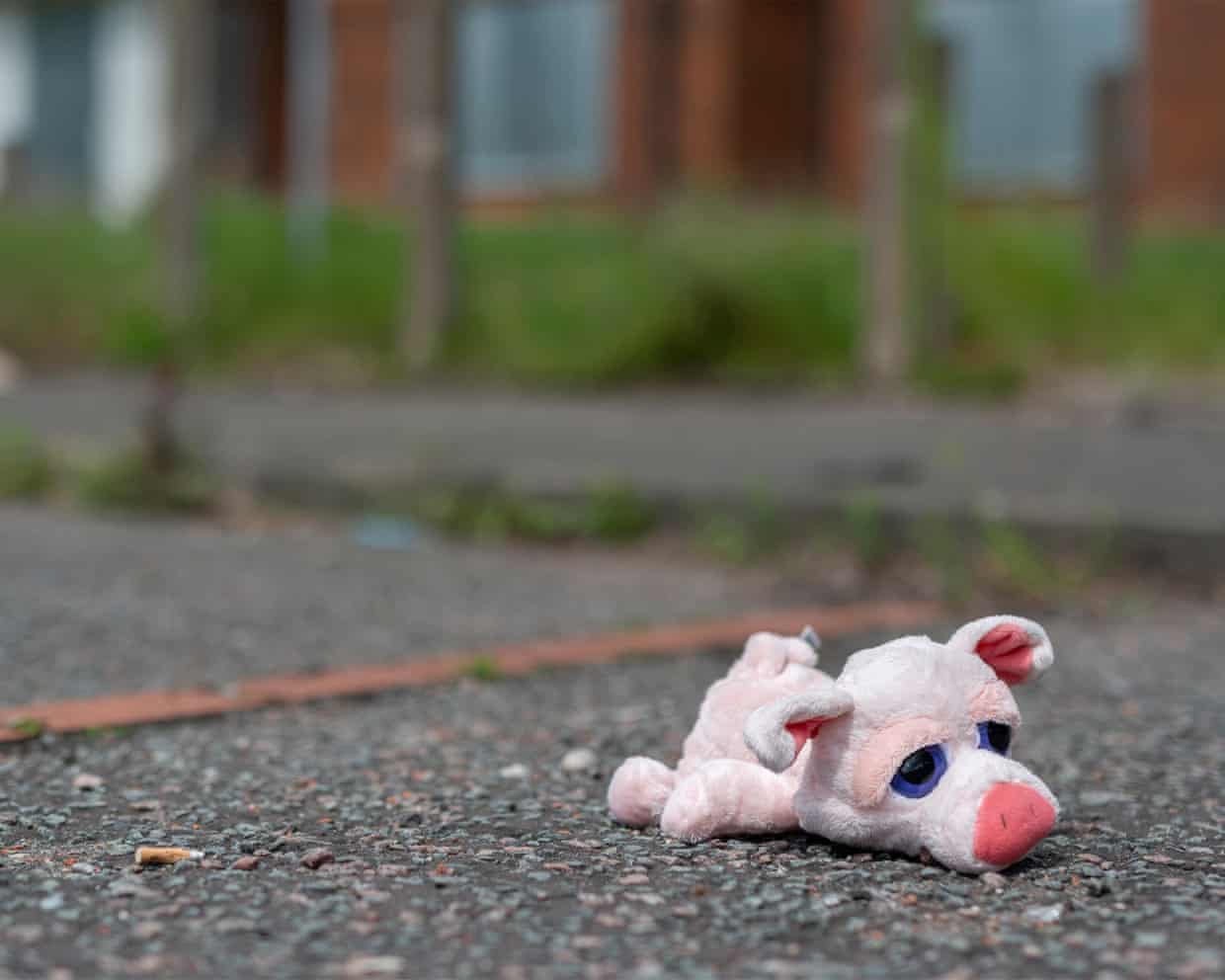Why can’t we eradicate both pensioner and child poverty? | Letters

“As long as a third of children are living below the poverty line, the government cannot justify keeping the pensions triple lock,” says the subheading on Polly Toynbee’s article (What kind of country puts its pensioners ahead of children in poverty?, 24 October).I agree completely that it is an outrage so many children are living in poverty, but pitting one generation against another is not a solution.More than 2 million people over the age of 65 are living in poverty.Poverty rates are even higher among those approaching state pension age, which raises concerns about the immediate future, even with the safety net of the triple lock in place.There is also no guarantee that saving money on the triple lock will be put to the benefit of impoverished children.
There is merit in debating the future of the triple lock and its sustainability.But let’s not be naive to think that there is a simple solution to this.The haphazard reform of the winter fuel payment tells us that any reform needs need to be considered, planned and implemented with plenty of advance notice to ensure pensioner poverty does not skyrocket as a result.It is also depressing to see that the argument against the triple lock cannot be made without ageist insults.Toynbee writes: “The older the country grows, the more emphatically politics favours the decrepit above the young future who will pay for them.
” This depiction of utter dependency and reliance does not reflect the huge contributions that pensioners have made to this country over decades, and continue to make.We need all political parties to show a commitment to reducing poverty for all ages and to discourage narratives that suggest one demographic in society is losing out to the benefit of another.Dr Carole EastonChief executive, Centre for Ageing Better Polly Toynbee seeks to pit one disadvantaged group against another.Many pensioners also live in poverty.It should surely be possible to end both pensioner poverty and child poverty.
In any case, the national pension scheme is a form of intergenerational solidarity.Those in work and their employers contribute to the scheme, and this funds the pensions of the retired.When they in turn retire, another generation of workers will contribute to their pensions.Pensions are thus a form of deferred wages.As always, the question asked goes a long way to determining the response.
The question “What kind of country puts military spending ahead of the eradication of poverty?” would elicit a very different answer.Today’s children living in poverty are likely to be the future pensioners living in poverty unless there is a radical change in national priorities.Dr Steve CushionAssistant branch secretary, London retired members branch, University and College Union

Nearly 150,000 aged 90 and above wait 12 hours in England’s A&Es each year
Almost 150,000 people aged 90 and over in England are forced to wait longer than 12 hours in A&E every year, with some experiencing “truly shocking” waits of several days stuck in corridors, a report warns.Older people are also being left in their own excrement and wet beds for hours, denied pain relief and forced to watch and hear other patients die next to them because they end up waiting so long for care, according to Age UK.In total, more than 1 million patients aged 60 and over had to wait more than 12 hours to be transferred, admitted or discharged in type 1 emergency departments in 2024-25. One in three (33%) aged 90 or older – 149,293 – were forced to wait more than 12 hours.Caroline Abrahams, the charity director of Age UK, said: “What’s happening to some very ill older people when they come to A&E is a crisis hiding in plain sight which the government must face up to and take immediate action to resolve

Jaywick’s continued decline and intensifying London poverty tell same story of ‘broken’ Britain
It’s Jaywick again. For the fourth time in a row the tiny, apparently unprepossessing seaside village overlooking the north sea just down the coast from Clacton in Essex has reluctantly claimed the unenviable title of England’s most deprived neighbourhood.Top of the indices of multiple deprivation since 2010, Jaywick Sands, once a popular holiday destination for working-class Londoners, has become a emblem of “broken” Britain, an exemplar of economic neglect, austerity and social breakdown, compounded by geographic isolation.Its local MP, Reform leader Nigel Farage, seemed unusually vague when asked about Jaywick’s travails on Thursday. Parts of it, he opined, seemed “depressed,” adding that he was “obviously sad that things aren’t improving more quickly”

Living with the hidden horrors of illegal HMOs | Letters
The organisation complicit in allowing two illegal houses in multiple occupation (HMOs) in my block of six flats is a housing association (The crimewave sweeping Britain? Illegal houses in multiple occupation, 24 October). The owners of the HMOs, both property companies, have rented their flats to up to eight single adults over the past 15 years. The flats are registered by the local council as suitable for renting to three unrelated adults.Aditya Chakrabortty’s description of the outside of the HMO he mentions, with its jumble of bags and suitcases, describes the front garden of my block to a T as long as you add in broken furniture and urine-soaked mattresses, which are eventually removed by the housing association. Inside the block, cockroaches can be seen crawling around the front door of one of the HMOs, and all of the block’s kitchens and bathrooms have been invaded by cockroaches that were released when the other HMO was undergoing major renovations

Why can’t we eradicate both pensioner and child poverty? | Letters
“As long as a third of children are living below the poverty line, the government cannot justify keeping the pensions triple lock,” says the subheading on Polly Toynbee’s article (What kind of country puts its pensioners ahead of children in poverty?, 24 October).I agree completely that it is an outrage so many children are living in poverty, but pitting one generation against another is not a solution. More than 2 million people over the age of 65 are living in poverty. Poverty rates are even higher among those approaching state pension age, which raises concerns about the immediate future, even with the safety net of the triple lock in place. There is also no guarantee that saving money on the triple lock will be put to the benefit of impoverished children

Alan Kilburn obituary
My father, Alan Kilburn, who has died aged 89, was an influential figure in the social housing sector. Under his leadership in the 1980s the housing association North Housing undertook a series of major regenerative projects, including the renovation of several Georgian and Victorian terraces in Newcastle upon Tyne. Throughout, Alan always insisted to tenants that they lived in “our house, but your home”.He also served as president of the Chartered Institute of Housing in 1982-83, and was a participant in the Duke of Edinburgh’s Inquiry into British Housing (1985), later introducing Prince Philip to tenants at Deckham in Gateshead.The 80s also saw the drastic reduction of government grants to housing associations

Almost all children in 73 areas of England live in low-income households
Almost 100% of children in 73 neighbourhoods in England are living in income-deprived families, according to new measures that factor in the impact of soaring rents.Changes to official measures reveal the neighbourhoods where in effect all children live in low-income households. Of these, 31 are in inner London boroughs with high housing costs such as Tower Hamlets, Hackney, Haringey and Westminster.The new indices of multiple deprivation confirm that attempts at levelling up have failed to shift stubbornly high levels of deprivation in so-called left-behind towns and cities in the Midlands and north of England.Blackpool, Middlesbrough, Burnley, Manchester and Birmingham are the top five most deprived local authority areas

Standing on their own: Cricket World Cup highlights drive to reclaim public space for Indian women | Emma John

Chess: Magnus Carlsen triumphs at historic Champions Showdown in St Louis

Warren Tredrea removed from Port Adelaide board after podcast controversy

Borthwick hopes England can emulate Bazball mentality for autumn series

Enhanced Games are dangerous and must be stopped, says Wada head

India beat Australia in historic chase to reach Women’s Cricket World Cup final – as it happened